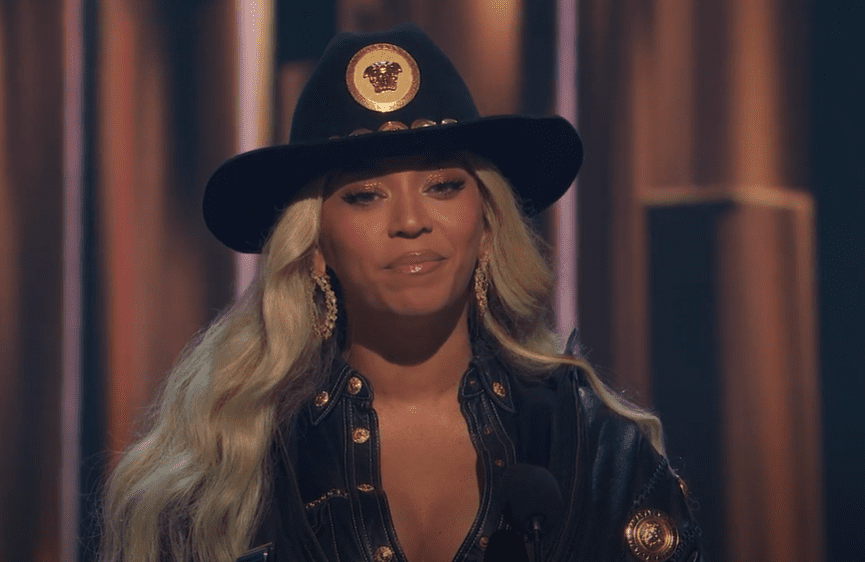
Julie Williams at the Blue Room venue in Nashville, “Twenty-three in Music City / With dreams and high-heeled boots / Singin’ for a crowd of blue eyes / Will they want me too?” The 26-year-old, who is biracial, is one of many Black female artists carving out space in country music’s capital, where predominantly white male gatekeepers control who makes it and who doesn’t.
Beyoncé’s highly anticipated country album has cast a spotlight on efforts by Black performers, a vital part of the genre’s history, to create a more inclusive Nashville. “Who’s excited about Beyonce’s new country album?” hollered Williams to applause. “Is this what all the white girls have been feeling this whole time? Like, when they look at just someone who’s at the top of their craft and is just killing it, and you get to be like, ‘Wow, that could be me’ — it’s pretty exciting.” Williams called Beyoncé’s move “a historic moment in bringing Black country to the mainstream.”
Williams is among some 200 acts associated with the Black Opry, a three-year-old collective showcasing and amplifying the voices of Black artists working across genres including country, Americana and folk. The Black Opry’s founder, Holly G, told AFP, “I’ve always been a huge fan of country music throughout my entire life, and I’ve always felt isolated in that experience. Especially as a Black, queer woman, you don’t see a lot of representation — not with the artists, the fans, the marketing material.” She added, “Once I started Black Opry, I realized we’re all there; we’re just not given the same platform and opportunities as some of our white counterparts.”
The institution’s name is a direct reference to the Grand Ole Opry, the nearly century-old country performance space whose complicated history has been shaped by Black performers but which has also spotlighted figures linked to racist ideologies. The conversation about the marginalization of Black country artists has gained new traction in the wake of Beyoncé’s announcement, said Charles Hughes, author of Country Soul: Making Music and Making Race in the American South. He told AFP, “When we start to see things shift behind the scenes, the effect of the Beyonce moment is going to be felt, hopefully, by these communities and musicians and songwriters and fans and others who have been trying to open the doors.”
Country is a quintessentially American style of music with influences from Africa: the banjo notably grew out of instruments brought to the Americas and the Caribbean by enslaved people in the 1600s. Yet the contemporary country has developed an overwhelmingly white, macho, conservative image, with industry leaders proving resistant to change. In the 1920s, industry professionals developed the terms “hillbilly” and “race” records to define popular music charts. Those labels grew into country and R&B, respectively.
These divisions have persisted, meaning Black musicians, especially Black women, as female artists at large have a demonstrably harder time getting airplay on tastemaking country radio and face significant barriers. Even Beyoncé said she faced industry resistance. She said recently, “My hope is that years from now, the mention of an artist’s race, as it relates to releasing genres of music, will be irrelevant.”
Dubbing her a “mover of culture,” Prana Supreme said Beyoncé’s country moment is essential not just for showing that Black artists are integral to country but also to show Black fans that country is for them too.
